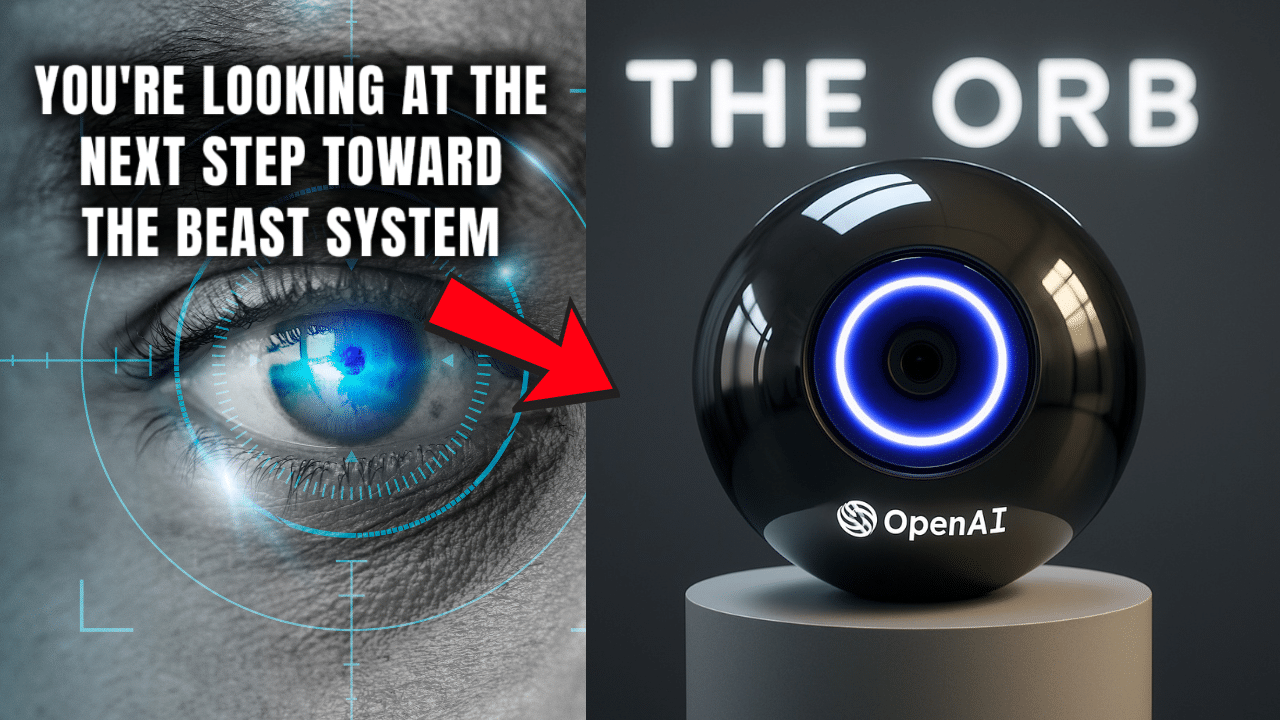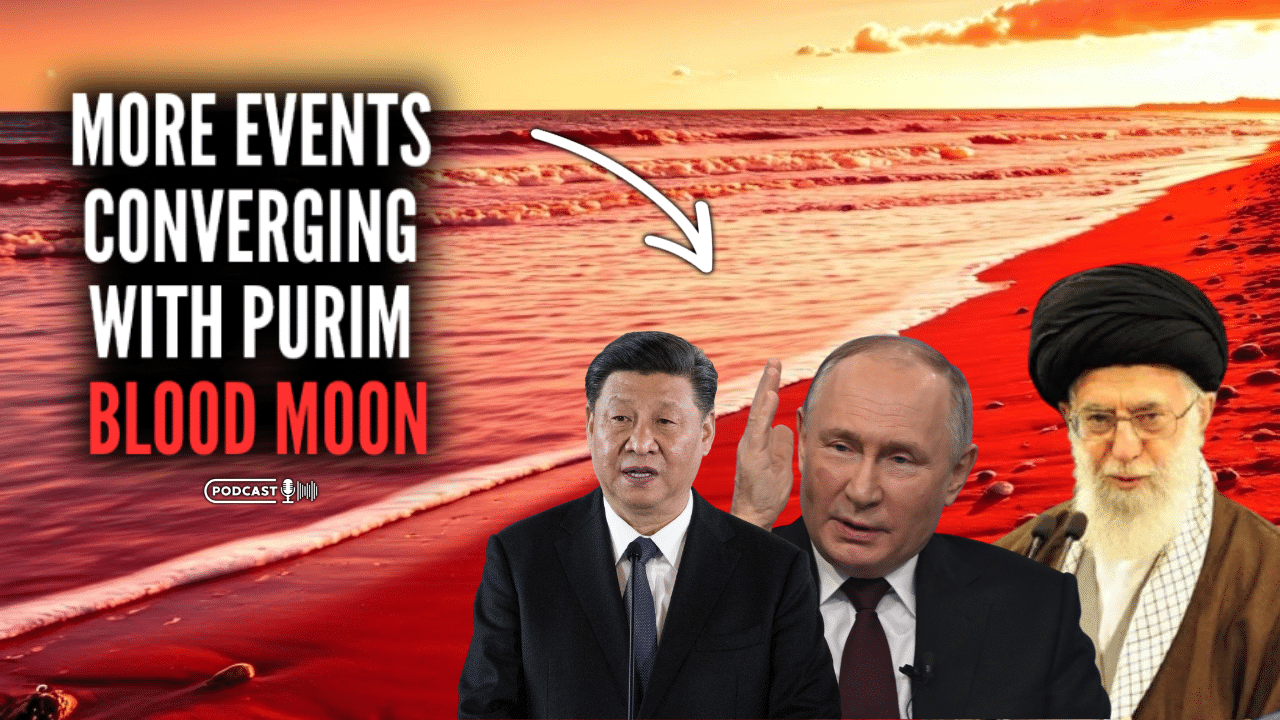(OPINION) Bill Gates has evidenced, both directly and through his foundation, an intense desire to shape public health, the news landscape, education policy, AI, insect populations, American farmland, the energy sector, foreign policy, and the earth itself. He recently hinted that he would also like to see free speech and engagements online shaped to his liking.
CNET asked Gates about what to do about “misinformation” — a topic explored in his forthcoming Netflix docuseries and some of his blog posts. The billionaire answered that there will be “systems and behaviors” in place to expose content originators.
Gates suggested that the “boundary between … crazy but free speech versus misleading people in a dangerous way or inciting them is a very tough boundary.”
“You know, I think every country’s struggling to find that boundary,” said Gates. “The U.S. is a tough one because, you know, we have the notion of the First Amendment. So what are the exceptions? You know, like yelling ‘fire’ in a theater.”
The billionaire has previously hinted at the kinds of speech he finds troubling.
For instance, in a January 2021 MSNBC interview, Gates took issue with content encouraging “people not to trust the advice on masks or taking the vaccine.”
When fear-mongering about potential “openness” on Twitter following its acquisition by Elon Musk, Gates intimated the suggestions that “vaccines kill people” and that “Bill Gates is tracking people” were similarly beyond the pale.
Gates, evidently interested in exceptions to constitutionally protected speech, complained to CNET that people can engage in what others might deem “misinformation” under the cover of anonymity online.
“I do think over time, you know with things like deep-fakes, most of the time you’re online, you’re going to want to be in an environment where the people are truly identified,” continued Gates. “That is they’re connected to a real-world identity that you trust instead of people just saying whatever they want.”
The online environment Gates appears to be describing is some sort of digital ID-based panopticon.
Gates has backed various efforts to tether people to digital identities.
Gates’ foundation has, for instance, been pouring hundreds of millions of dollars into a program called the United Nations Development Program-led 50-in-5 Campaign, which features a strong focus on digital ID.
The UNDP said in a November 2023 release, “This ambitious, country-led campaign heralds a new chapter in the global momentum around digital public infrastructure (DPI) — an underlying network of components such as digital payments, ID, and data exchange systems, which is a critical accelerator of the Sustainable Development Goals (SDGs).”
Return previously reported that the Gates-backed Gavi, also known as the Vaccine Alliance, Mastercard, and NGOs in the fintech space have been trialing a digital vaccine passport in Africa called the Wellness Pass.
T










